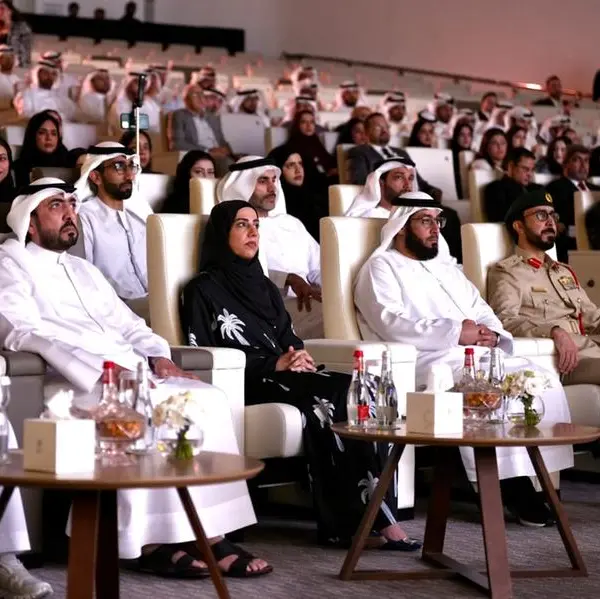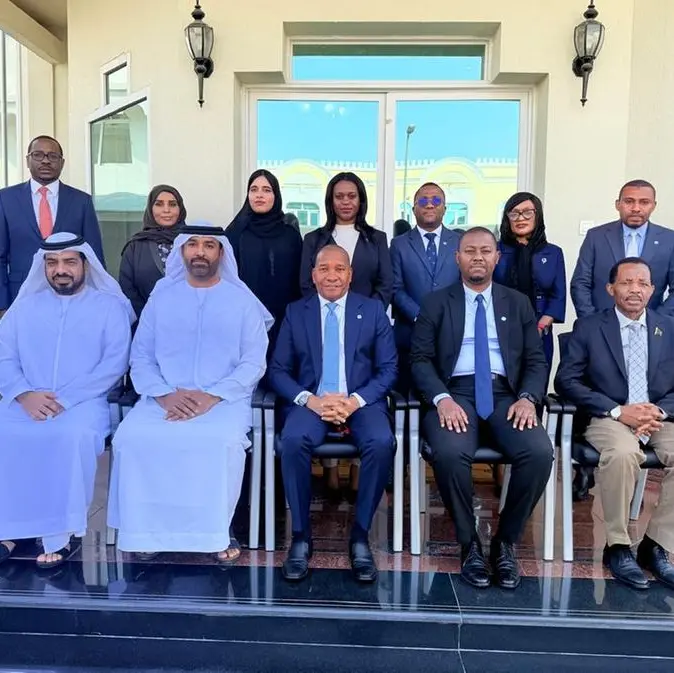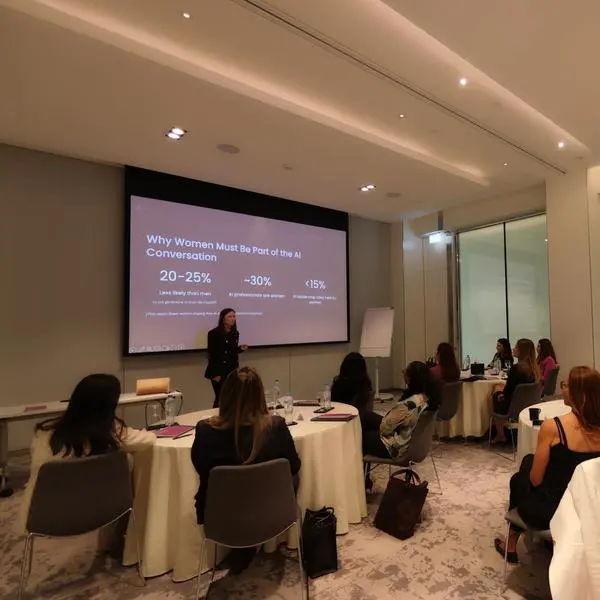
To make them more sustainable, the transformation of agrifood systems across Africa needs a “cross-sectoral, holistic, coherent and coordinated policy environment,” QU Dongyu, Director-General of the Food and Agriculture Organization (FAO) said today at a high-level African Union (AU) event.
The Comprehensive Africa Agriculture Development Programme Partnership Platform (CADP PP) is the AU’s main platform for agricultural policy dialogue, lessons-sharing and accountability. This year’s CAADP PP meeting, taking place over three days under the theme ‘Ending hunger in Africa by 2025 through resilient food systems’, brought together representatives from the African Union Commission, Ministers from the 55 AU Member States, and partners.
During his participation at the High Level Partners Panel event on Friday, the FAO Director-General noted that this is an “exciting time for Africa”. The discussion focused on how to strengthen institutions and increase investments to accelerate agriculture transformation and streamline efforts towards building resilient food systems aimed at ending to hunger on the continent.
Qu emphasized three key ways of accelerating change for agricultural transformation in Africa: increasing agricultural productivity; building resilience by addressing water and climate related challenges in agriculture; and increasing the use of data and digitalisation.
“FAO is committed to leveraging its expertise and experience to work with key partners and stakeholders to transform Africa’s agrifood systems for a better and brighter future for all,” the Director-General said.
The panel also included representatives from the African Development Bank, USAID and the International Institute of Tropical Agriculture.
FAO’s work with the African Union
FAO has supported the AU on a number of projects to boost agrifood systems transformation. In 2021, FAO and the AU launched the Framework for Boosting Intra-African Trade in Agricultural Commodities and Services, a blueprint for expanding agricultural trade between African countries and unlocking the potential of the agricultural sector to contribute to sustainable and inclusive growth for Africa.
FAO has also worked with the AU on the Africa Open Data for Environment, Agriculture and Land initiative, which has made Africa the first continent to complete the collection of digital land use and land use change data, and in the development of policies and strategies for country-specific plans to reduce post-harvest food losses.
Distributed by APO Group on behalf of Food and Agriculture Organization (FAO).
© Press Release 2021
Disclaimer: The contents of this press release was provided from an external third party provider. This website is not responsible for, and does not control, such external content. This content is provided on an “as is” and “as available” basis and has not been edited in any way. Neither this website nor our affiliates guarantee the accuracy of or endorse the views or opinions expressed in this press release.
The press release is provided for informational purposes only. The content does not provide tax, legal or investment advice or opinion regarding the suitability, value or profitability of any particular security, portfolio or investment strategy. Neither this website nor our affiliates shall be liable for any errors or inaccuracies in the content, or for any actions taken by you in reliance thereon. You expressly agree that your use of the information within this article is at your sole risk.
To the fullest extent permitted by applicable law, this website, its parent company, its subsidiaries, its affiliates and the respective shareholders, directors, officers, employees, agents, advertisers, content providers and licensors will not be liable (jointly or severally) to you for any direct, indirect, consequential, special, incidental, punitive or exemplary damages, including without limitation, lost profits, lost savings and lost revenues, whether in negligence, tort, contract or any other theory of liability, even if the parties have been advised of the possibility or could have foreseen any such damages.



















